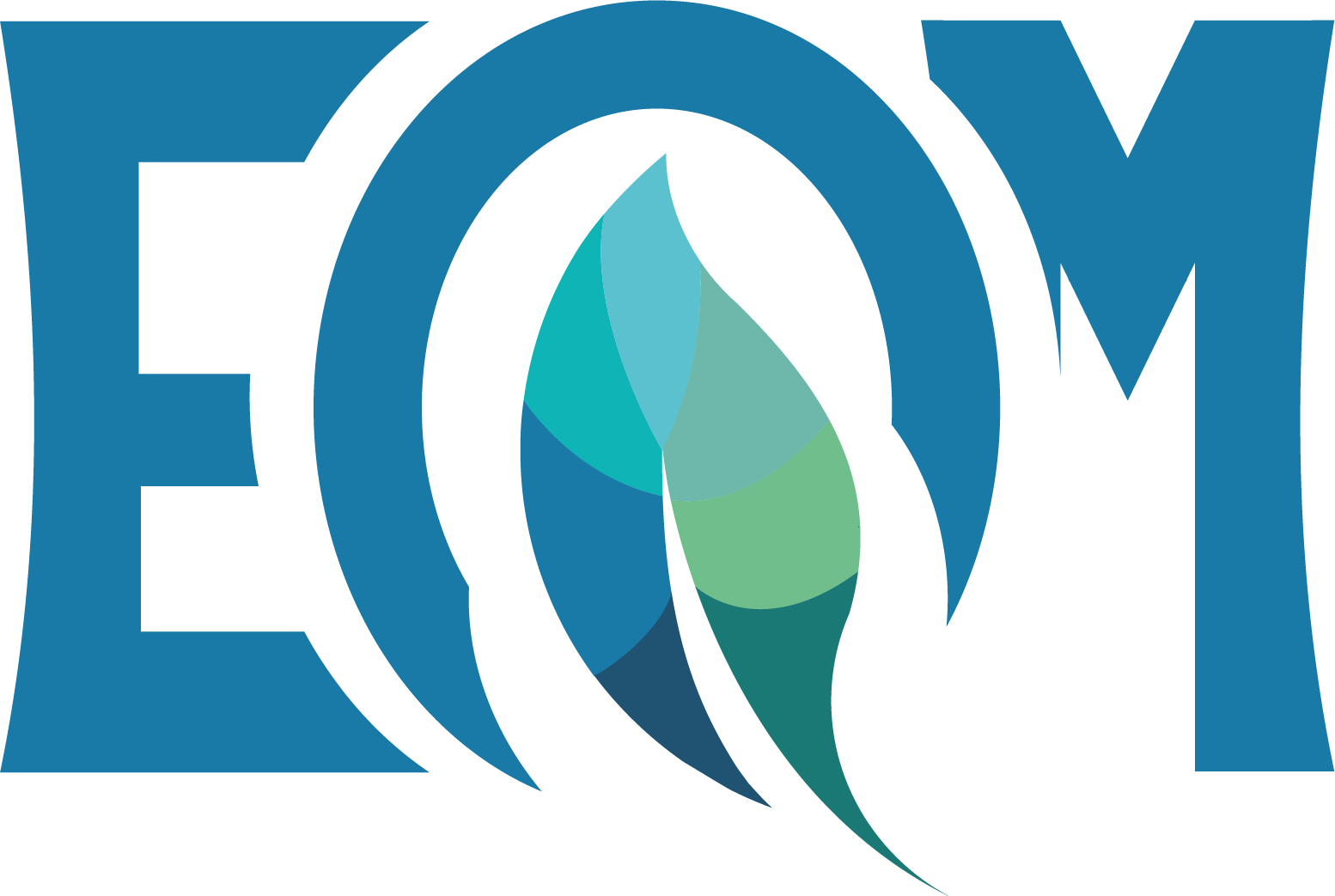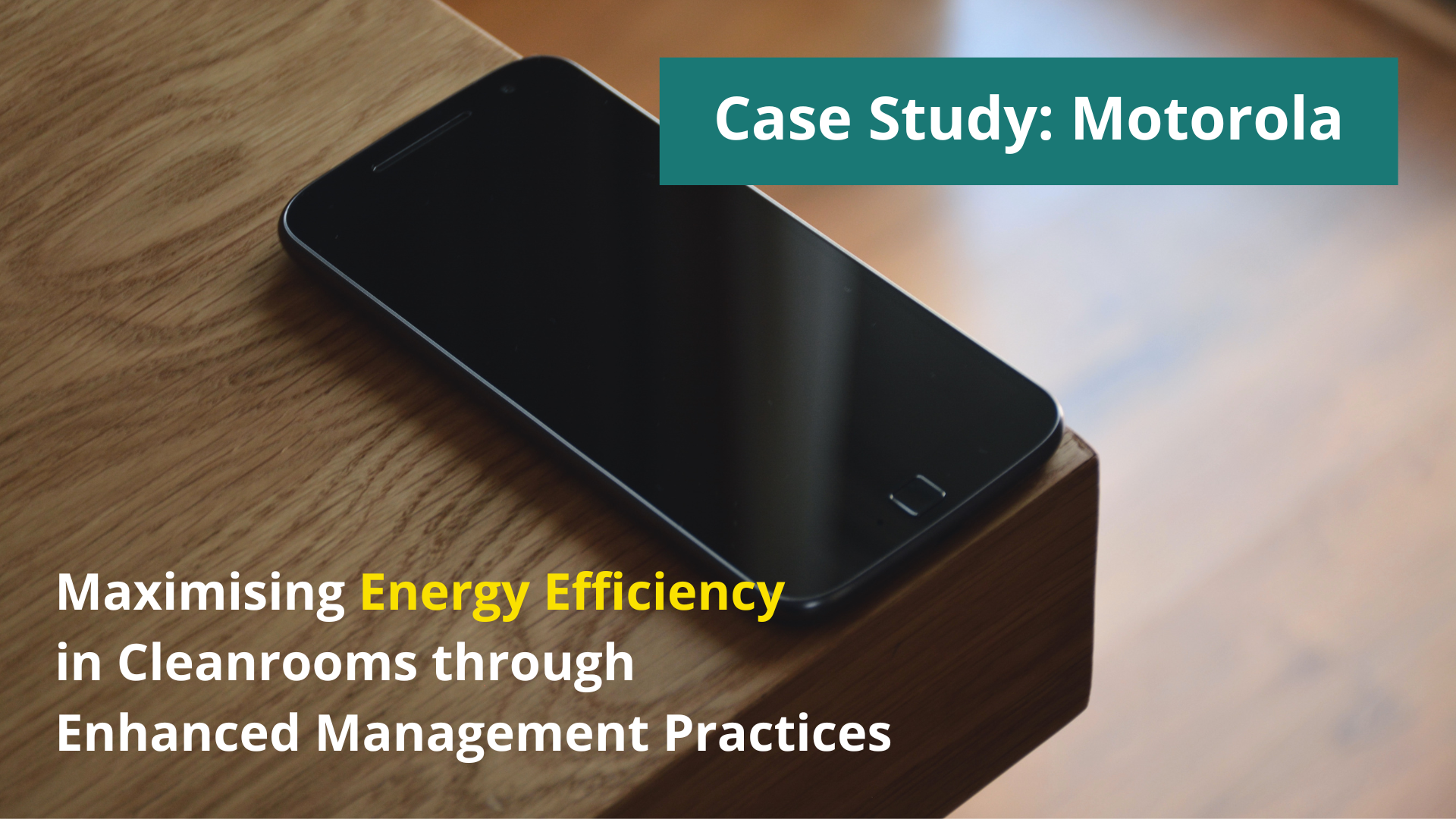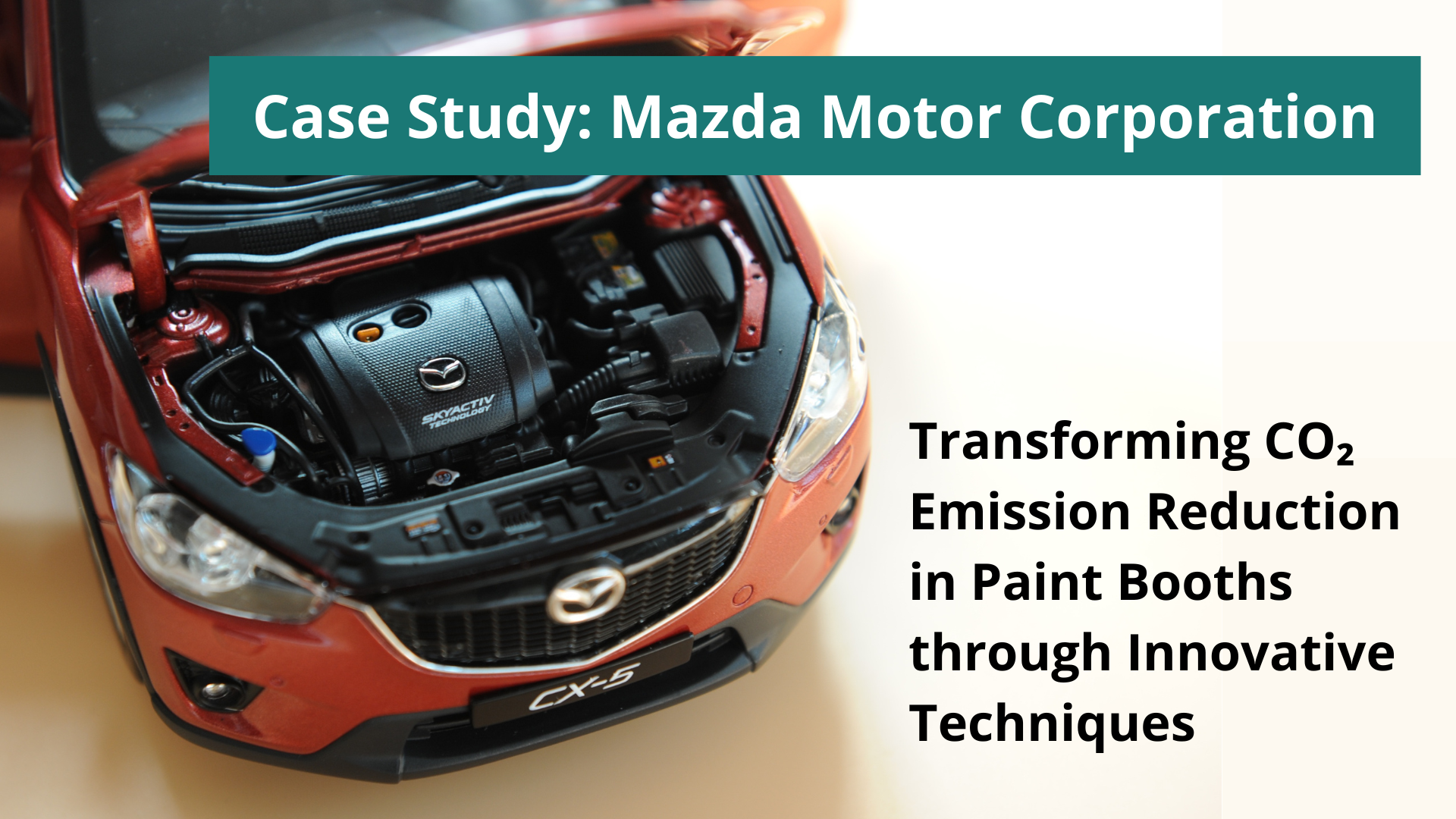
Organisations across the globe are becoming increasingly concerned about their carbon footprint.
They are always on the lookout for ways to improve their business practices and make them more sustainable. Environmental management and socially responsible behaviour are a crucial part of many organisations’ strategies.
Implementing a robust EMS can be hard, and deciding to apply relevant systems is equally important. The EMS family is very big, and it covers a variety of standards. The ISO 14000 family of international standards cover every aspect of environmental management.
Environmental Management System
ISO 14001 is the most renowned environmental standard in the world. The standard provides a comprehensive framework for organisations to implement a robust EMS. Regardless of the industry, any business can implement the system to improve its environmental performance. ISO 14001 encourages businesses to consider all environmental aspects, from water and sewerage issues to climate change mitigation and adaptation. Compliance with the ISO 14001 standard will help you create a strong environmental policy. It will help you utilise your business resources efficiently and effectively.
Implementing ISO 14001 can bring a lot of benefits to your business. The standard will help you increase stakeholder engagement and help instil confidence in relevant parties regarding your business operations and reputation.
Furthermore, you’ll get a financial and competitive edge on your business rivals through business process improvements and cost reduction. It signals to your customers that you care about the environment and are aiming to produce sustainable products.
Although the ISO 14001 is the most recognised, it is not the only standard within the family. ISO 14050 contains vocabulary and definitions used within the family and ISO 14004 covers general guidelines and support techniques for the improvement of EMS. Additionally small and medium-sized organisations may use ISO 14005 as a guideline for phased implementation of an EMS.

ISO 14001 is the core standard, that may be used for the certification purposes, however, there are many other standards that supports the implementation of environmental management practices in various aspects of the business.
Eco-design
It is important to plan and evaluate the environmental impact of products ahead and consider possible impact throughout the entire product lifecycle. International standards such as ISO 14006 containing guidelines on eco-design or ISO/TR 14062 describing integration of environmental aspects into product design and development help develop sustainable products and balance ecological and economic requirements.
Environmental labels and declarations
Environmental labels and declarations provide information about a product or service in terms of overall environmental impact, such as the recyclability of packaging, or the absence of harmful substances. Using such labels and declarations ensures that products are described in a manner that can be understood by consumers to make informed decisions and instills loyalty and trust of customers. The use of standards such ISO 14020 describing general principles, or ISO 14021 (environmental claims Type II), ISO 14024 (environmental claims Type I) and ISO 14025 (environmental claims Type III) empower responsible marketing where any sustainability and green claims shall be evidenced by supporting factual information.
Life cycle assessment
LCA is a methodology for assessing environmental impact of the product or service throughout the entire life cycle. ISO 14040 standard contains principles and framework, whereas ISO 14044 covers requirements and guidelines for LCA. Besides those two widely used standards, organisations may benefit from the use of ISO/TR 14047 and ISO/TR 14049 containing illustrative examples of ISO 14044 application and ISO/TS 14048 containing information on data documentation format to be used for transparent and unambiguous documentation.
Carbon footprint
Every organisation is responsible for climate change and greenhouse gas emissions (either directly or indirectly). ISO standards help manage and evaluate greenhouse gas performance, so that organisations provide accurate and consistent carbon emissions data and calculate carbon footprint that includes all greenhouse gas emissions. With regards to GHG the following series of standards are applicable: ISO 14064, ISO 14065, ISO 14066, ISO 14067, ISO 14069. Those standards covers various aspects from accounting, through reporting, monitoring and verification of carbon footprint, including competency requirements for GHG verifiers.
Environmental assessment and performance evaluation
ISO developed as well series of standards related to environmental assessment. ISO 14015 provides guidelines on environmental assessment of sites and organisations. ISO 14031 covers aspects related to environmental performance evaluation. ISO 14033 contain guidelines and examples related to quantitative environmental information. ISO 14051 provides principles of material flow cost accounting, promotes effective resource utilization in manufacturing processes focused on reduction of resource consumption and material costs.
Environmental communication
Although environmental communication is an important part of any EMS, some organisations are required to report on sustainability information (non-financial reporting) whether they have a certified EMS in place or not. Environmental communication may be supported by the use of international standards such ISO 14063 containing guidelines and examples of environmental communication.
Adaptation to climate change
The ISO 14090 standard provides rules, requirements and guidelines for adaptation to climate change. It includes the integration of adaptation within an organisation or between organisations. The added value of ISO 14090 is its focus on the effects of climate change for the organisation, it provides a framework for understanding, responding to and adapting to the effects of climate change.
Circular economy
The urgent need to increase resource efficiency and the transition from a linear to a circular economy brings the need to develop global standards. The ISO / TC 323 is working currently to develop international standards or the circular economy. Soon organisation would be able to use ISO 59004 containing framework and principles for implementation, ISO 59010 containing guidelines on business models and value chains, ISO 59020 regarding measuring of circularity, ISO 59040 on product circularity data sheet, or ISO 59031 ref. analysis of case study and ISO 59032 on review of business model implementation. Use of those standards will enable to maximise organisations’ contribution to the sustainable development goals.
EMAS
The implementation of Eco-management and Audit Scheme EMAS shows that a business goes above and beyond in dealing with environmental issues rather than just meeting the regulatory requirements. This European voluntary scheme provides external recognition to businesses and to gain an EMAS verification. You need to undergo rigorous processes. It is possible to obtain the ISO 14001 certification and EMAS together. Find out more about differences between EMAS and ISO 14001 in Key Similarities and Differences Between EMAS And ISO 14001.[BP1]
Implementing relevant environmental standards can be difficult, especially if you don’t have the in-house expertise to build a comprehensive environmental management system. Therefore, you may wish to consider using trusted consultancy to help you with the EMS implementation.
If you’re looking for a boutique consulting firm specialising in environmental and quality management systems, check out EQM Consult. We are an experienced firm that is helping businesses comply with relevant ISO standards such as ISO 14001. You can check our website for more information about services or contact us for a consultation.

Ph.D. Beata Paliwoda
Founder and Owner of EQM. Environmental and quality consultant and auditor. Professional career built in Quality Assurance departments in various companies from the automotive, aerospace, railway industries, as well as a management systems consultant. Successfully completed many complex projects related to the implementation of management systems, process improvements and business transformation. Auditor of ISO 9001, ISO 14001, AS 9100, project manager of APM, lecturer at the Poznan University of Business and Economics, researcher on the effectiveness of EMS and QMS in organisations.





